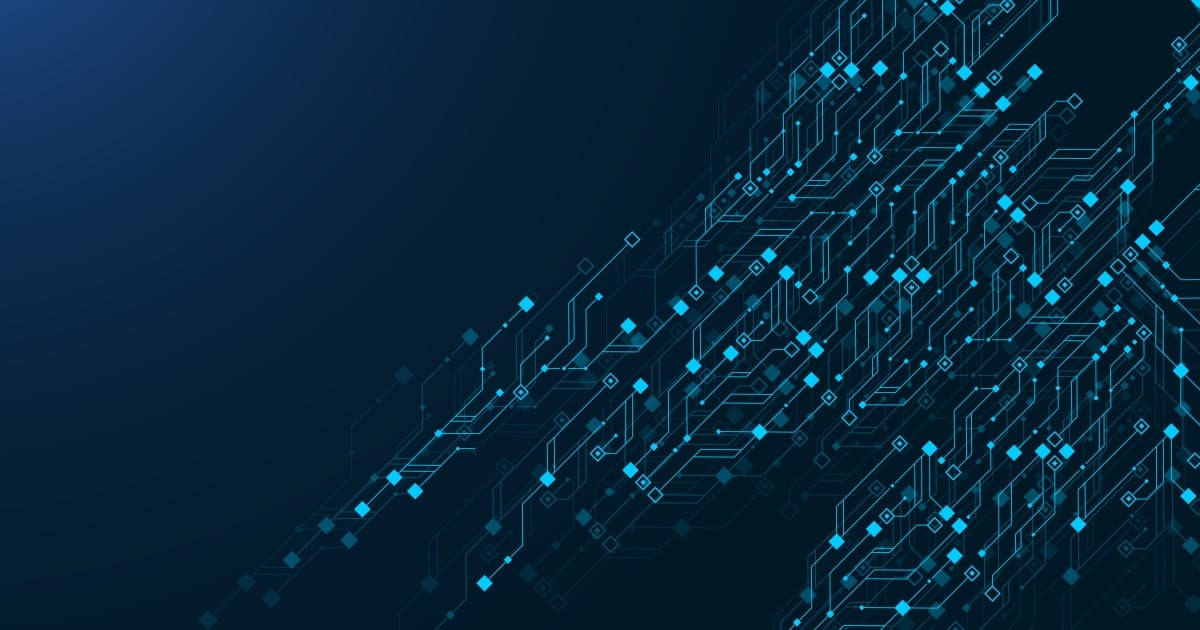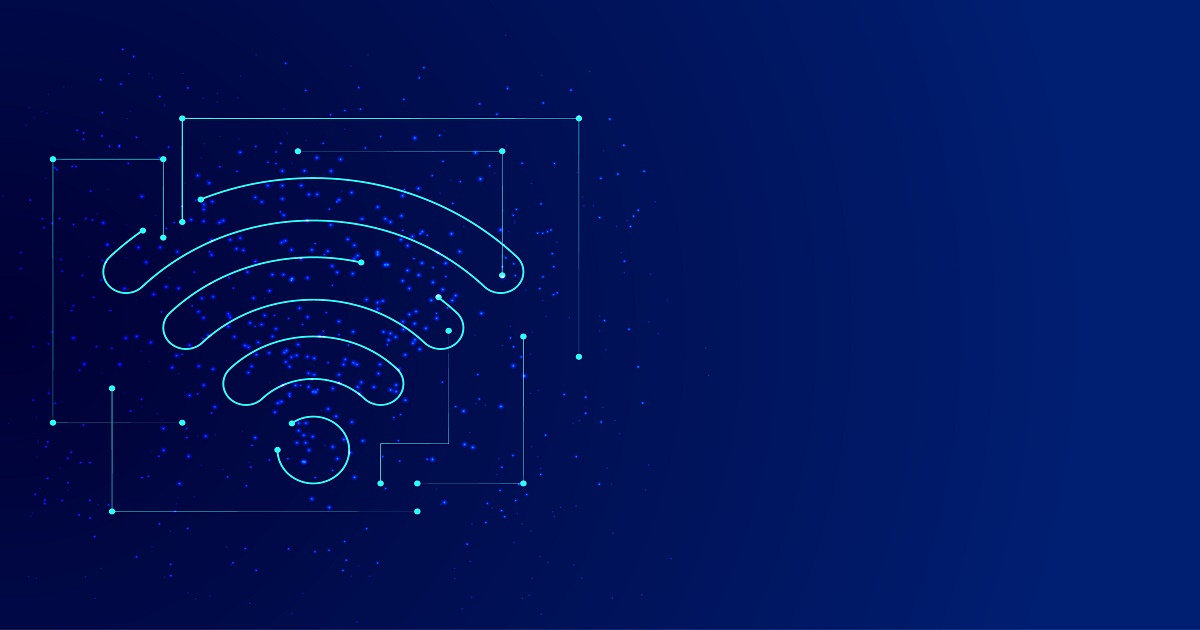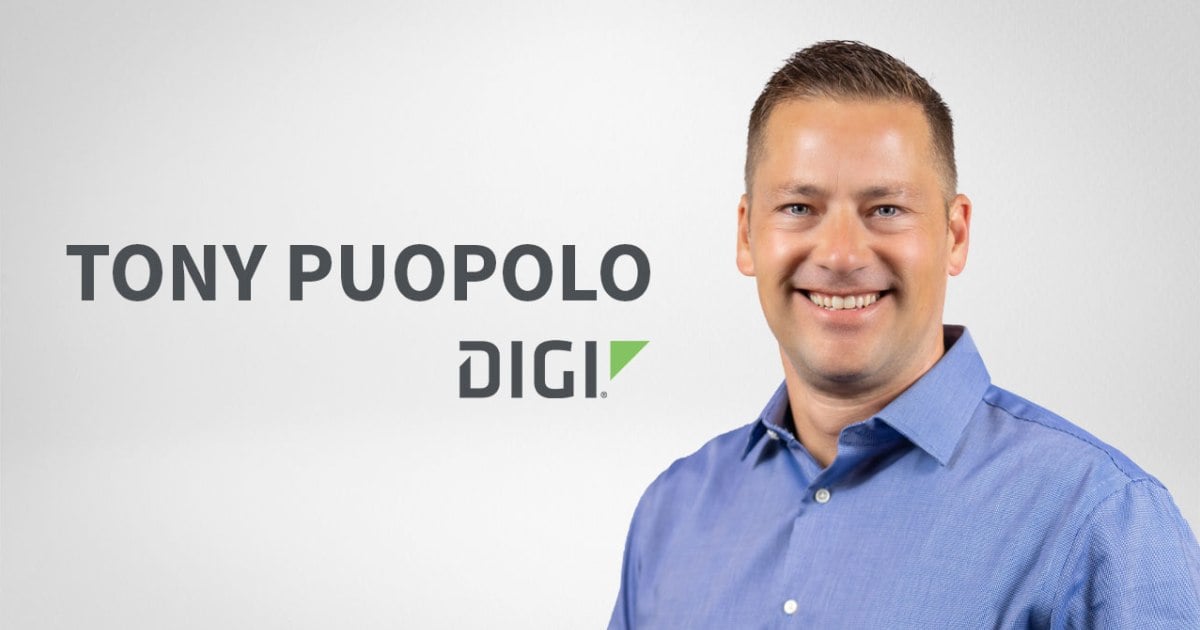Last summer, Ericsson acquired MetraTech and dove head first into the pool of agile billing for enterprises and B2B telcos. But the Metratech acquisition illustrates much more than a billing capability. The monetization software supplier out of Boston provides Ericsson with a software arsenal primed and poised for taking advantage of the eagerly anticipated transition to everything as a service (XaaS) and an IoT opportunity.
At the recent Cloud Expo Ericsson VP Enterprise and Cloud Esmeralda Swartz spoke with TMC about what the MetraTech addition means for Ericsson.
As the CMO of former MetraTech Swartz was responsible for product management and marketing and is in tune with the notion of relationship monetization a term coined by MetraTech. She clarified an important distinction when she explained that billing is “the process of generating a bill and sending an invoice to customers for goods or services and the automation of what you do manually through spreadsheets until that does not scale,” but when using the term monetization, one is referring to a two sided business model, the ability to support billing as well as —settlement, compensation, revenue sharing, (money due other parties for a service that may not be your own). Many companies support billing and not settlement, but they often use the term monetization to describe their solution. This is important when evaluating solutions where you need to bill end customers and also compensate partners or suppliers. In the case of cloud and IoT partner ecosystems, this becomes critical.
Swartz offered the example of a cloud provider new to the market. The only way a new entrant can prosper in this highly competitive space is through differentiating solutions and offering more than the standard services or competing on price. In the case of IoT, it is important to consider how to move from today’s vertical silos to an open horizontal ecosystem where services may include partner applications. For example, a platform provider must support application developers building on that platform, and settlement. Any company looking at an evolving market that is transitioning from products to products being sold as services often through partners is going to have to deal with some form of settlement or compensation.
“Every industry we have participated in, we see a common pattern emerge as the need to transform and support new business models challenges software solutions that are not agile to monetize relationships that need to be created and that are very different than people are accustomed,” said Swartz.
In order to stay at the forefront of this industry transformation, MetraTech’s approach to building and deploying enterprise software has evolved. Agile development includes automation, DevOPS and Puppet and Github. Its platforms are based on a metadata-based architecture, which means they are service, business models and industry agnostic.
“This allows us to go into an opportunity to support services today and also future-proof evolving business models that will need to monetized,” said Swartz. “Whether it’s cloud or IoT, the typical hurdle to adoption is software....software becomes too inflexible to drive the change required by the business to react to competition or opportunity.”
At the rate business changes, agility is the name of the game, firms must be ready to shift gears to meet market demand or react to competition—monetization software must support whatever is thrown at it whether that is subscription model or shift toward a consumption based or partner models.
Moving forward, a product or service strategy must revolve around constant innovation and support more open systems and APIs to create a proper ecosystem. Swartz framed the issue as a, “collective shared responsibility by the industry,” and, “without APIs, standards and interoperability, the potential won’t ever be reached.”
The IoT is shrouded in hope, potential and fervor. The bar is set rather high, but if a fraction of what is projected were to come to fruition it would mean monetization opportunities abound. Unfortunately, without open standards, agile software and industry cooperation the loud roars boasting of billions of connected devices and new service opportunities with trillions of dollars in value will be reduced to a whisper.
Edited by
Ken Briodagh





